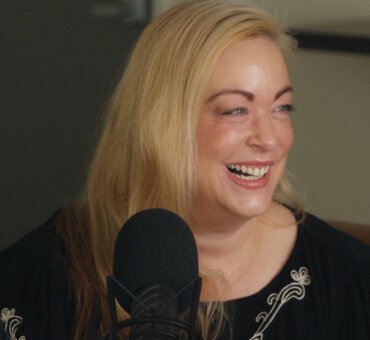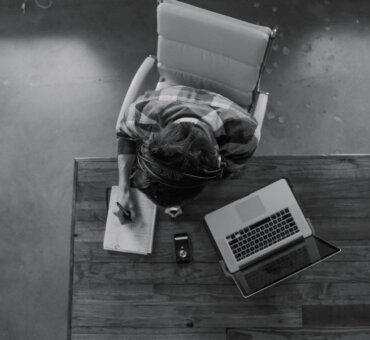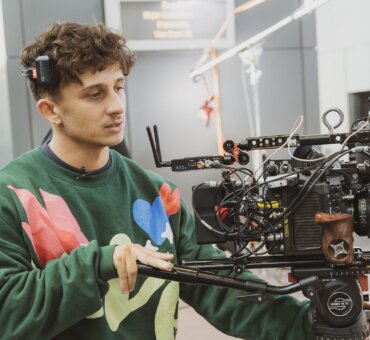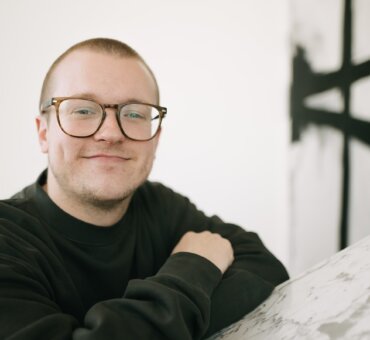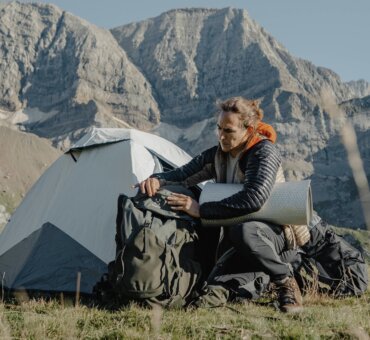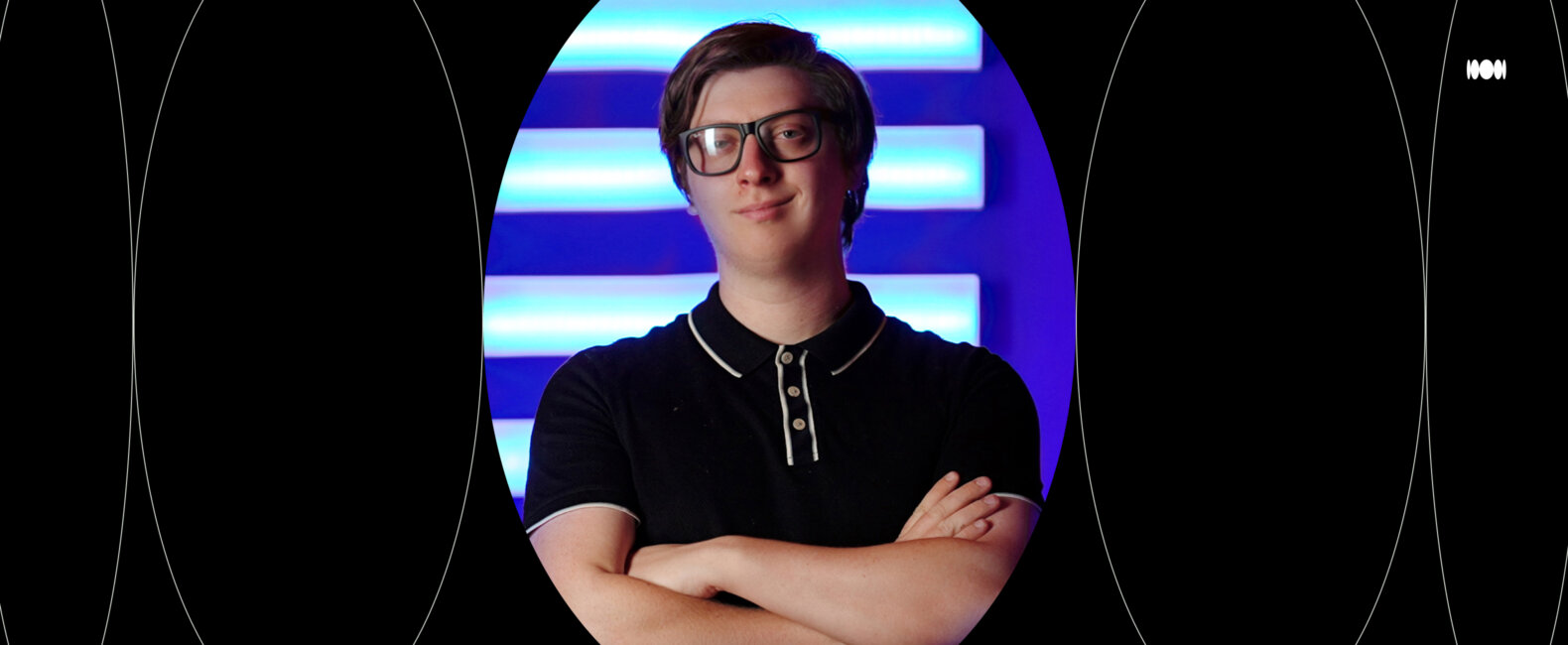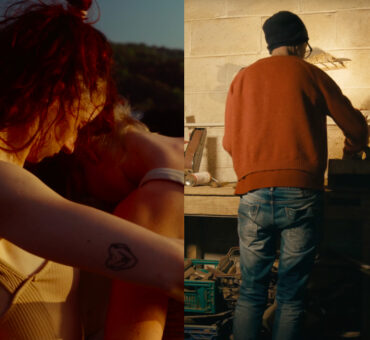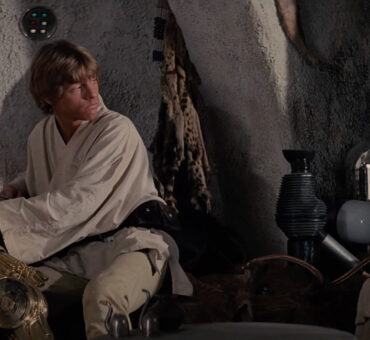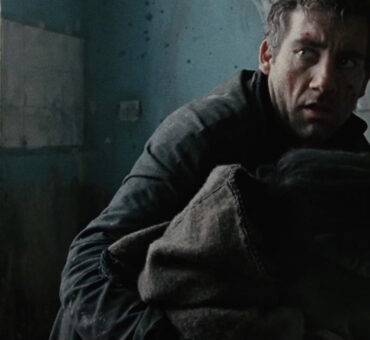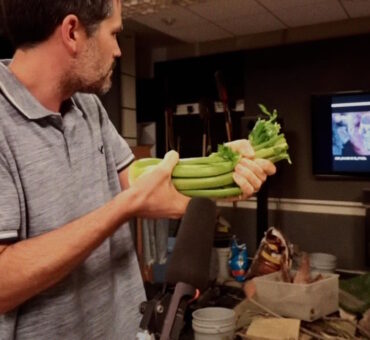Ever wondered what goes into crafting a truly captivating video? Today, we delve into the mind of editing extraordinaire Hayden Hillier-Smith. From viral beginnings to working for top-name talent like MrBeast, Logan Paul, Mark Rober, and others, Hayden’s journey is as unique as his editing style. And this year, he’s joining the panel of industry leaders judging this year’s Musicbed Challenge submissions. If you want to take the Challenge, you can learn more about it here.
Read his interview below to learn how Hayden adapts to different creator styles, the career impact of The Editing Podcast, how he balances quality with tight deadlines, and more.
Musicbed: What sparked your interest in editing, and how did you start your career?
Hayden Hillier-Smith: There were a few key moments. First, I had initially wanted to be an actor, but I needed something to film my acting. I picked up a camera and loved it. Then, back in 2006, I used my flip phone to film myself throwing a Doctor Who Tardis at a Dalek, and I used infrared to share the video with each device in my school manually. They loved it, and that was my first viral video. Then, after experimenting with all aspects of filmmaking, editing is where I felt most comfortable making whatever I wanted. The sheer variety of experimentation made me fall in love with it.
What standout projects or collaborations have been the highlights of your career so far?
The few years I worked with Logan Paul will always be a standout moment in my career. We’re from two widely different backgrounds—he’s a jock dude-bro from Ohio who went home to watch WWE. I’m an awkward, quiet nerd from London who went home to watch Monty Python. That blend created something weird, and the internet loved it. It’s amazing seeing how that’s impacted how content is made today.
What elements are essential for crafting a compelling story?
You have to understand the difference between storyshowing and storytelling. If you can make me feel the story rather than tell me the story, that’s compelling. It’s very easy to assume a good voiceover can help inform the story, but often, that holds back its potential. I always treat projects with how little I can use voiceover or explicit dialogue. Can I instead generate an emotion/feeling/experience that can visually show the story? I learned this from Andrew Stanton, the director of Finding Nemo and WallE. He talks about the unified theory of 2+2: ‘Audiences want to work for their meal. They just don’t want to know that they’re doing that. Don’t give them four, give them 2+2.’
How important is music in your work?
Music shapes how my projects turn out. Jordan Peele hit the nail when he said, ‘The difference between comedy and horror is the music.’
For example, one of my personal favorite videos I made with music was with Logan buying Pokemon Cards. I was close to playing Game Boy-style tunes but chose period drama music instead. This shift transformed his card collection into a grand, exclusive affair. It felt unique, all thanks to the soundtrack.
When I kick off a project, I usually draft the content first, note the emotions I felt during and the emotions I want to achieve, and then put together multiple varied playlists based on those feelings. I mess around with different styles to see which one brings something new and exciting to the table. Whatever track I land on sets the mood for the entire movie, influencing everything from the vibe to how the story unfolds. Music brings my work to life—it gives it emotion and direction. I couldn’t make anything without nailing the perfect soundtrack first.
How do you adapt your editing style to match the unique personality and style of different YouTubers?
In communication and reverse engineering, I actively and deeply study a creator’s style and then have a deep conversation with the creator of my observations. Most of the time, the creator has hired me to find something new for them. They want my perspective on storytelling and editing, so we would discuss what’s exciting to me about the project. Then, in the timeline, I ask myself, ‘What would the creator want, and what do I want?’ and we would find something unique.
How do you manage tight deadlines without compromising quality?
Quick turnarounds generate reactive editors, which allow the footage to tell you what it is. However, that does compromise quality and potential. As I’ve grown older, I’ve become a proactive editor, telling the footage what I want it to be; it’s slower, but it means we achieve quality and potential. Sadly, you can’t have tight deadlines without sacrificing quality.
How has hosting “The Editing Podcast” influenced your work? What’s your advice to aspiring editors?
Starting The Editing Podcast has been a game changer. Before I launched it, I thought I knew everything about editing. But when we began interviewing our first guests, I quickly realized I knew practically nothing. It was embarrassing to think I had branded myself as a teacher when there was so much more to learn. The biggest lesson from this journey is that you never know enough and should always stay curious. Embracing the idea that someone else has experiences you’ll never have and can teach you something new is exciting. The biggest mistake is losing curiosity.
Throughout my career, I’ve focused on web media content like YouTube and TikTok. But diving into conversations with TV and film editors opened my eyes to a new depth of knowledge. These folks have been in the game much longer, so naturally, they have insights that blew me away. It’s been incredible to learn from them and think about how I can integrate that knowledge into our online work. The lines between online content and traditional TV and film are starting to blur, bringing these two worlds closer in exciting ways.
For aspiring editors, I suggest drawing inspiration from as many different sources and mediums as possible. Look at what’s working and what isn’t on platforms like YouTube and TikTok, and do the same for TV and film. By understanding both, we can all become better filmmakers, creating content that stands out no matter where it’s viewed.
What’s something that inspired you or caught your attention lately?
Alex Garland’s Civil War is criminally underrated. We had an interview with the movie’s editor, Jake Roberts, and they deeply believed in the “less is more” philosophy of filmmaking.
For most of the movie, they used music and other cinematic editing styles. They let us settle into the language of the film, so they can take it away from us. So when it came to the deeper, more serious moments, they purposefully held back the editing. There was no music, slow cuts, no jump cuts, or continuity issues.
They chose realism rather than cinematic, making those sequences even more impactful. Then when the cinematic editing language comes back in, it feels earned. This is phenomenal filmmaking.
Explore a curated playlist of Hayden’s go-to music to use in his projects—all immediately ready to license for your projects on Musicbed.
Why do you recommend Musicbed to editors and filmmakers?
As a filmmaker, quality is extremely important to achieve what I want. Musicbed is that quality.
This was written as a part of Musicbed Challenge. Want to learn more?


